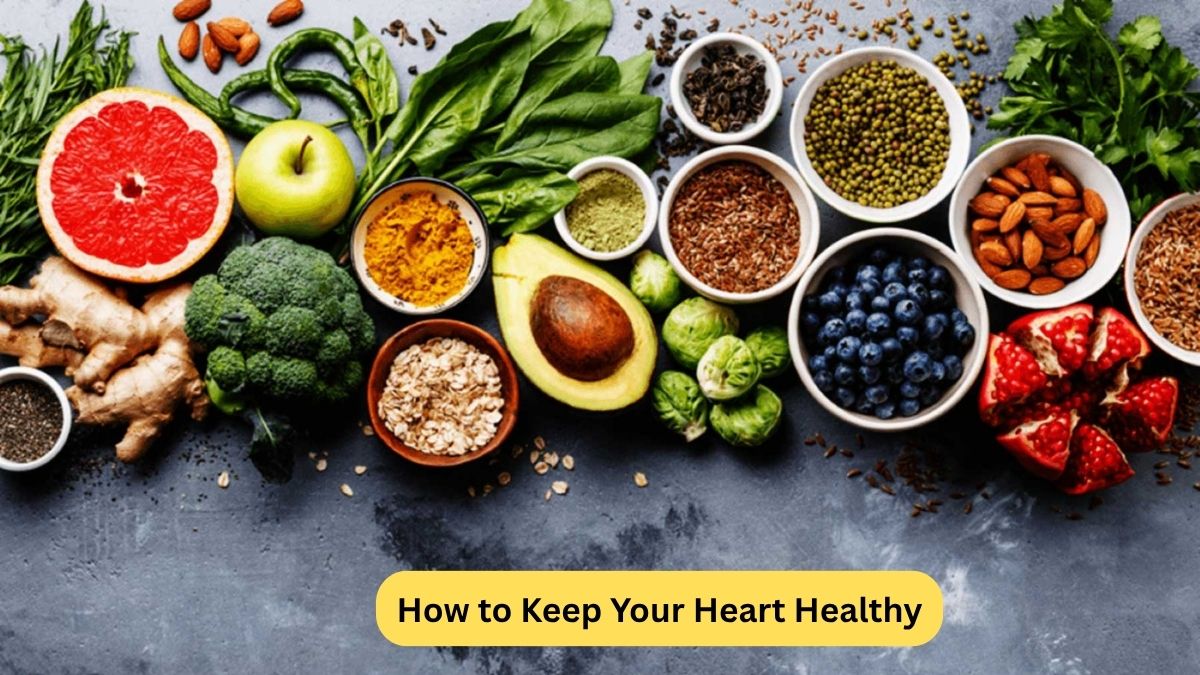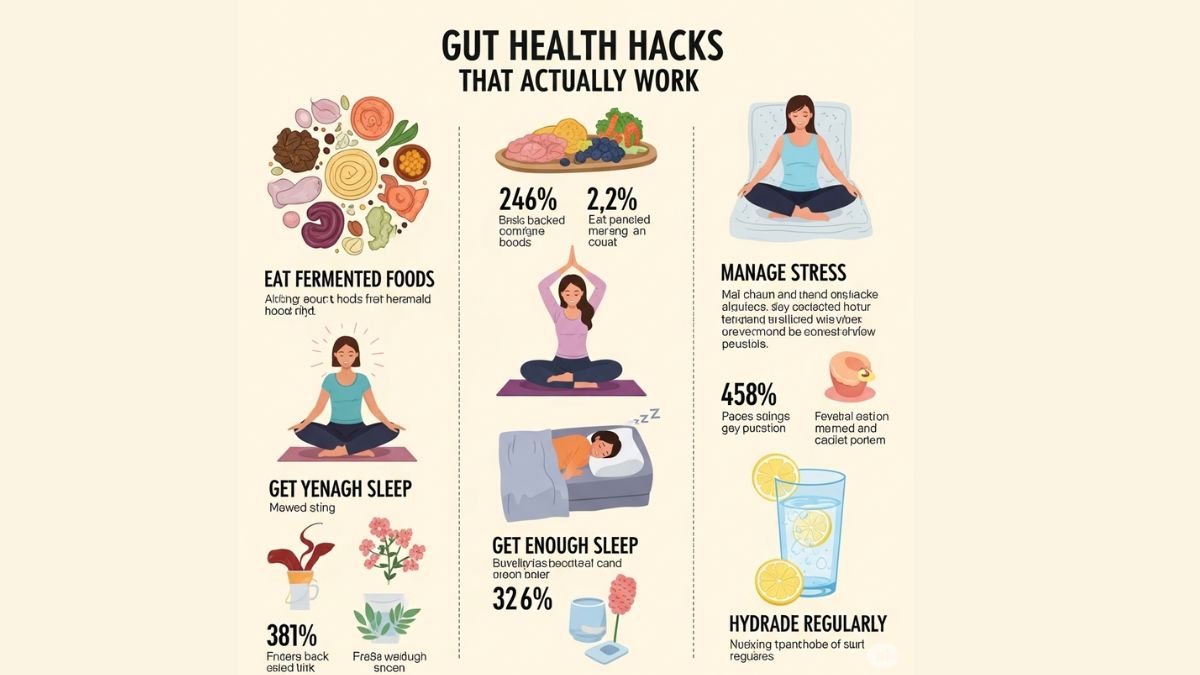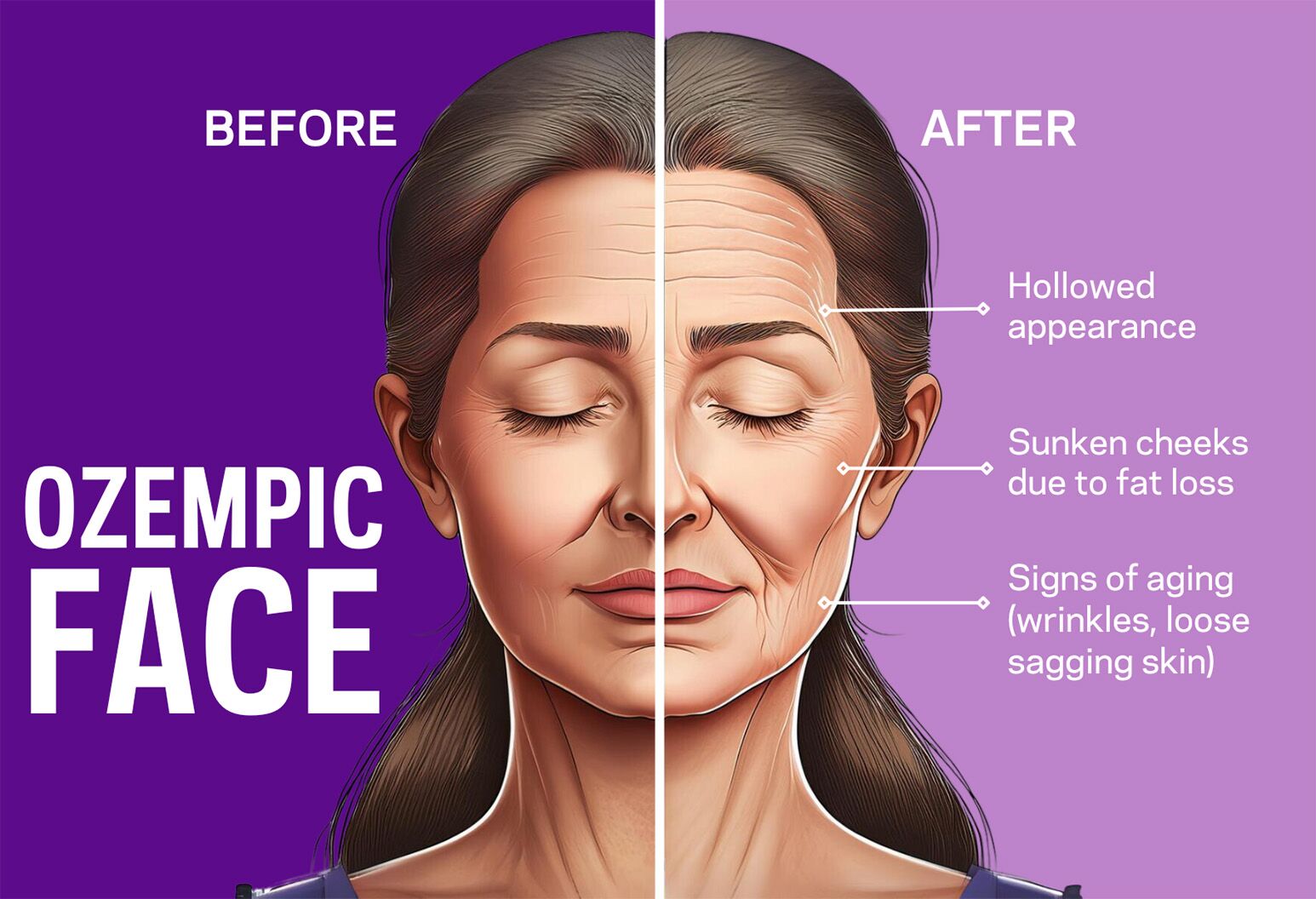How to Keep Your Heart Healthy: In today’s fast-paced world, heart disease remains the leading cause of death globally. One of the primary culprits is bad cholesterol, also known as low-density lipoprotein (LDL). High LDL levels contribute to clogged arteries, increasing the risk of heart attack and stroke. The good news? With the right lifestyle choices, you can significantly reduce bad cholesterol and protect your heart for the long haul.
In this comprehensive guide, you’ll learn practical, natural ways to keep your heart healthy and maintain balanced cholesterol levels — no medication necessary in most cases.
What is Cholesterol and Why Does it Matter?
Cholesterol is a waxy substance found in your blood. Your body needs some cholesterol to build cells and produce certain hormones. However, too much LDL (bad cholesterol) can lead to plaque buildup in your arteries, increasing the risk of cardiovascular diseases.
Types of Cholesterol:
- LDL (Low-Density Lipoprotein) – “Bad” cholesterol that clogs arteries.
- HDL (High-Density Lipoprotein) – “Good” cholesterol that helps remove LDL from the bloodstream.
- Triglycerides – A type of fat in the blood that can also increase heart disease risk if levels are too high.
🥗 1. Eat a Heart-Healthy Diet
Diet plays a central role in managing cholesterol levels and promoting heart health. A balanced, nutrient-rich eating plan can dramatically reduce LDL and raise HDL.
a. Focus on Fiber
Soluble fiber binds with cholesterol in the digestive system and helps remove it from the body.
Best sources:
- Oats
- Apples
- Berries
- Legumes (lentils, beans, peas)
- Flaxseeds
- Psyllium husk
b. Choose Healthy Fats
Replace saturated and trans fats with unsaturated fats to help lower LDL cholesterol.
Healthy fat sources:
- Avocados
- Olive oil
- Fatty fish (salmon, sardines, mackerel)
- Nuts and seeds (almonds, chia seeds, walnuts)
c. Avoid Harmful Fats and Processed Foods
Stay away from:
- Fried foods
- Processed meats
- Hydrogenated oils (often found in commercial baked goods)
- Packaged snacks and fast food
d. Include Plant Sterols and Stanols
These substances naturally found in plants help block cholesterol absorption.
Find them in:
- Fortified margarine (look for heart-healthy options)
- Nuts
- Legumes
- Whole grains
🏃♂️ 2. Exercise Regularly
Physical activity boosts your body’s ability to eliminate bad cholesterol and improve heart function.
Aim for:
- 150 minutes of moderate-intensity exercise per week (e.g., brisk walking)
- Or 75 minutes of vigorous exercise per week (e.g., running, cycling)
Heart-Healthy Exercises:
- Walking or jogging
- Swimming
- Cycling
- Strength training
- Yoga or pilates (for stress and flexibility)
Even small bursts of activity throughout the day (like taking the stairs or stretching) help when done consistently.
⚖️ 3. Maintain a Healthy Weight
Being overweight or obese is linked to higher LDL cholesterol and triglyceride levels, while lowering HDL (the good cholesterol).
Tips to Maintain or Lose Weight:
- Track your food intake
- Avoid sugary drinks and empty calories
- Prioritize protein and fiber to stay full longer
- Stay active and reduce sedentary time
Even losing just 5–10% of your body weight can lead to a noticeable improvement in cholesterol levels and overall heart health.
🚭 4. Quit Smoking
If you smoke, quitting is one of the best things you can do for your heart.
Why it matters:
- Smoking damages blood vessel walls
- Reduces HDL (good cholesterol)
- Increases risk of plaque buildup in arteries
Within 20 minutes of quitting, your blood pressure starts to drop. Within a year, your risk of heart disease drops by 50%.
🍷 5. Limit Alcohol Intake
Excessive alcohol can raise triglyceride levels and increase your risk of heart disease.
Recommended limits:
- Men: Up to 2 drinks per day
- Women: Up to 1 drink per day
If you don’t drink, there’s no reason to start. If you do, do it in moderation — and choose red wine, which contains antioxidants like resveratrol, in small amounts.
🧘♀️ 6. Manage Stress Effectively
Chronic stress contributes to high blood pressure and unhealthy coping habits like overeating, smoking, or drinking alcohol — all of which hurt your heart.
Try:
- Deep breathing or meditation
- Yoga or tai chi
- Journaling
- Talking to a therapist
- Spending time in nature
Making time for mental well-being is essential for a healthy heart and balanced cholesterol levels.
🛌 7. Get Enough Quality Sleep
Lack of sleep affects your body’s ability to regulate stress, blood pressure, and metabolism — which can all contribute to heart problems.
Aim for:
- 7–9 hours of uninterrupted sleep per night
- A consistent sleep schedule
- Reducing screen time before bed
- Avoiding caffeine late in the day
🩺 8. Monitor Your Health Regularly
Routine check-ups help track cholesterol, blood pressure, and blood sugar levels.
Ask your doctor to test:
- LDL and HDL cholesterol
- Triglycerides
- Blood glucose (especially if you’re at risk for diabetes)
- Blood pressure
Tip: Keep a health journal to track your habits, numbers, and progress.
🥣 Sample Heart-Healthy Daily Meal Plan
Breakfast:
- Oatmeal with berries, flaxseeds, and a drizzle of honey
- Green tea
Snack:
- Apple with almond butter
Lunch:
- Grilled salmon on quinoa salad with olive oil vinaigrette
- Mixed greens
Snack:
- A handful of walnuts
Dinner:
- Stir-fried vegetables with tofu or skinless chicken
- Brown rice
Dessert (optional):
- Fresh fruit bowl or a small piece of dark chocolate (70%+ cocoa)
Final Thoughts: Start Small, Stay Consistent
Lowering your LDL cholesterol and keeping your heart healthy doesn’t require drastic changes overnight. Instead, small, consistent improvements in your daily routine can add up to major health benefits over time.
Focus on:
- Eating whole, plant-based foods
- Getting regular movement
- Managing stress
- Sleeping well
- Avoiding tobacco and excess alcohol
Your heart works hard for you — it’s time to return the favor.







